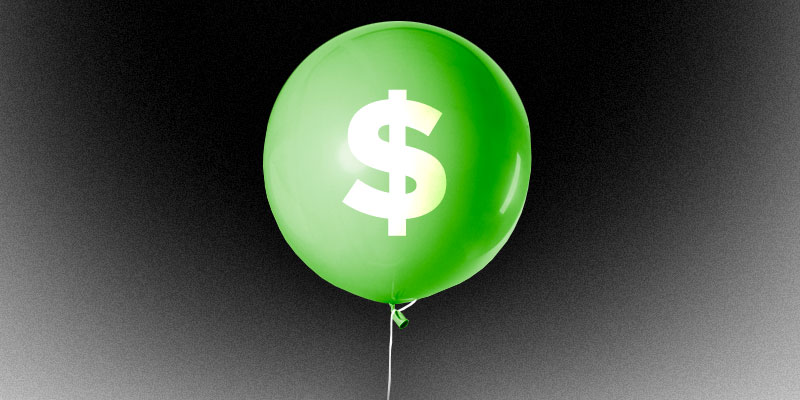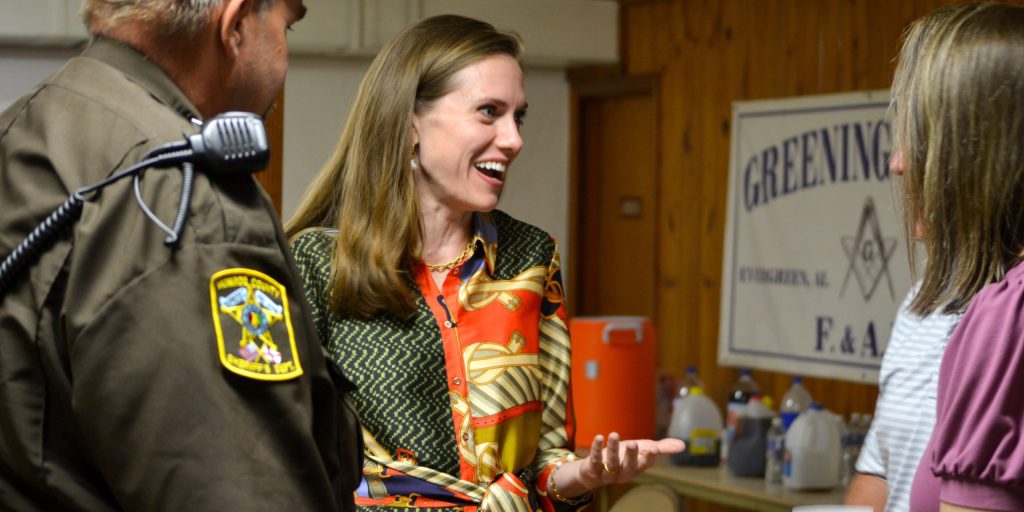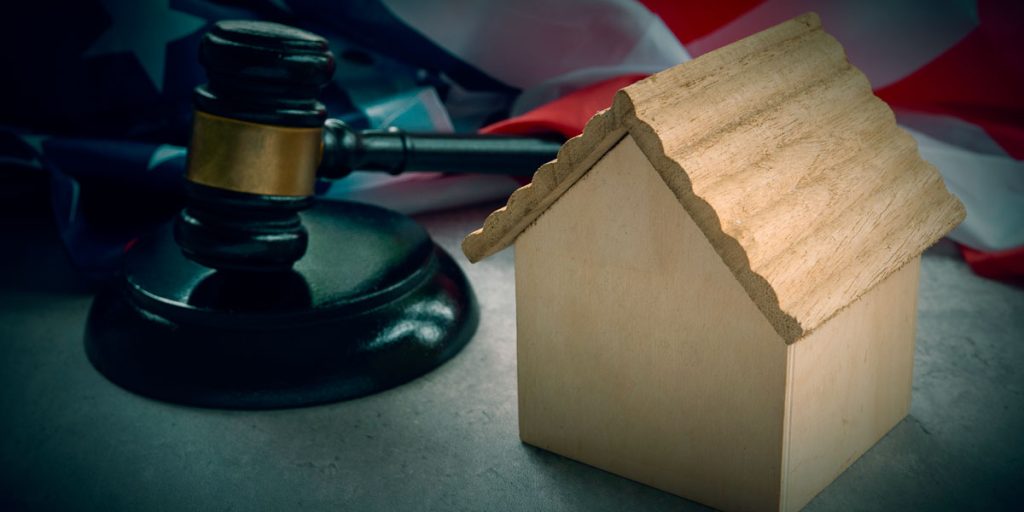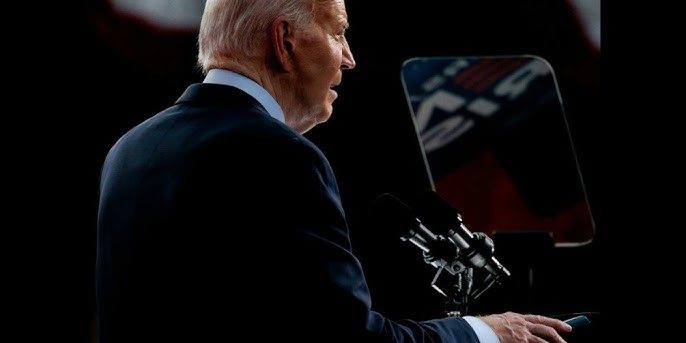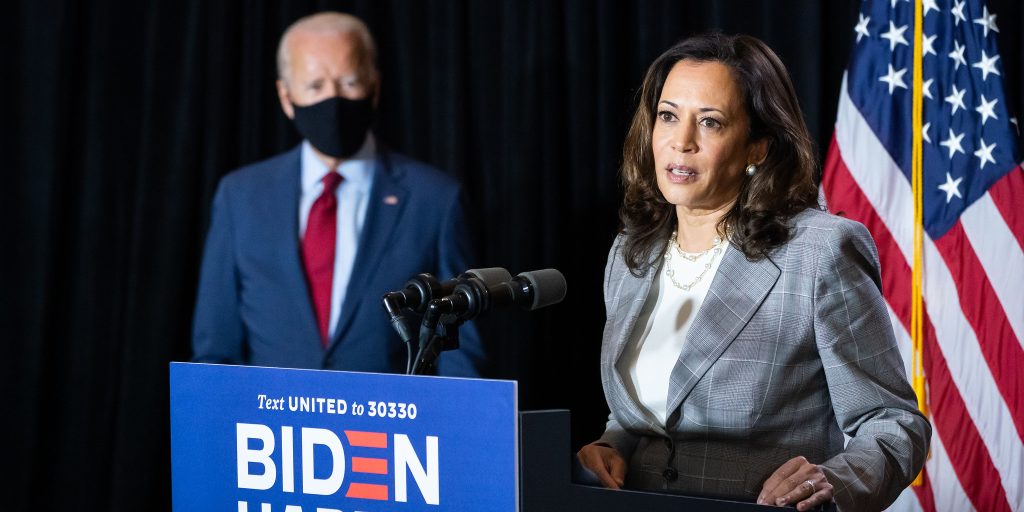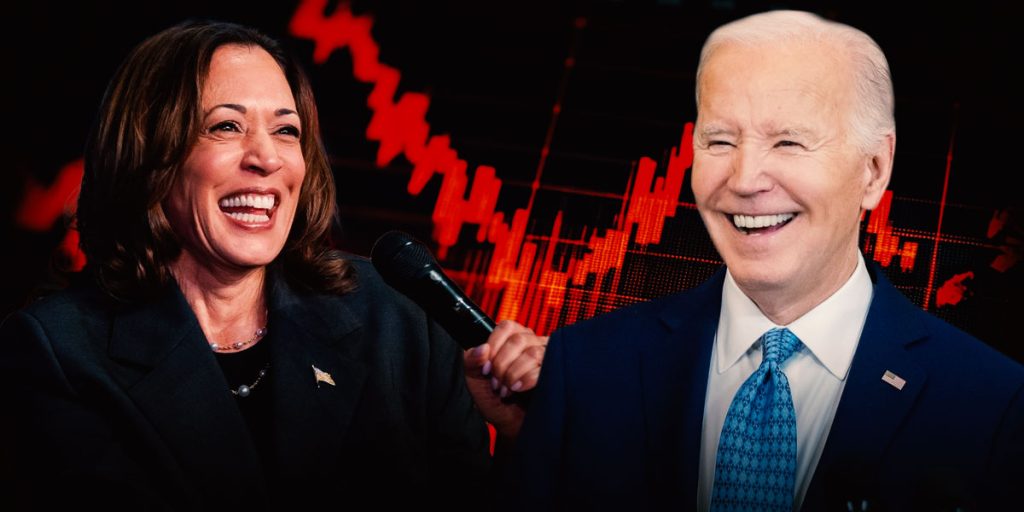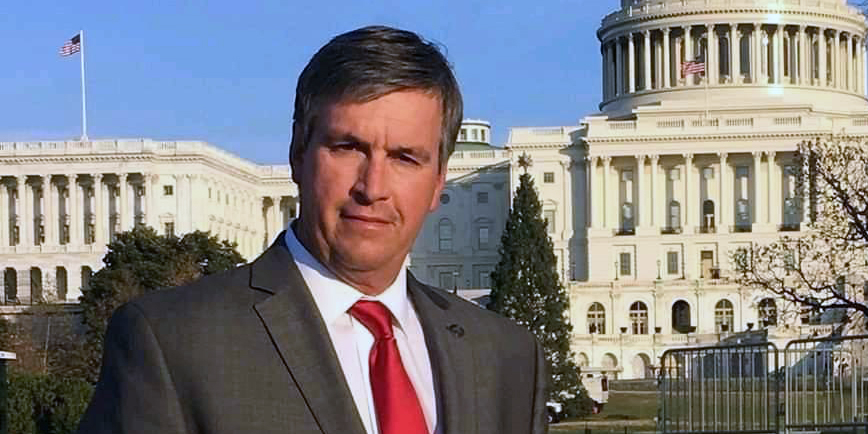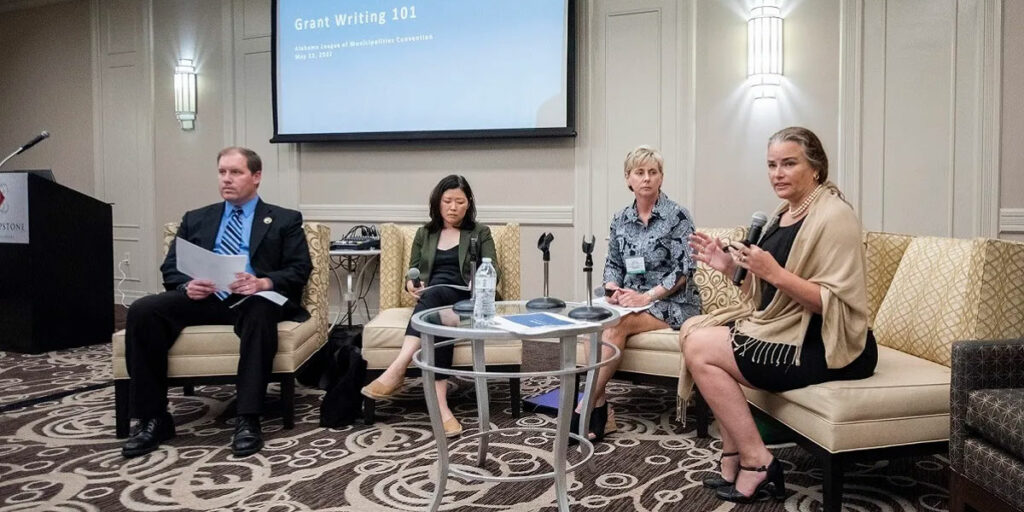It’s a seemingly simple request. Surely Washington can lower the price of gasoline to provide Americans relief at the pump. Democrats in the House recently passed the Consumer Fuel Price Gouging Protection Act to this effect. Yet as 4,000 years of experience shows, governments have little ability to lower market prices through command.
Markets are a system of voluntary social cooperation. No person can compel another to do anything in a market. Each sale of a good or service must involve a willing buyer and a willing seller, with willing defined relative to each party’s other options. I’ll return to some concerns about the voluntariness of market transactions shortly.
Many critics believe big oil companies dominate the world economy. But ExxonMobil, Texaco, Shell and others cannot force anyone to buy gas. And we must pay the station’s price to buy gas.
Production of most goods involve contributions from many persons. Thus, “willing seller” means compensating each contributor (employees, suppliers, etc.) sufficiently to voluntarily participate. A market economy gives people the freedom to choose, which would be great even if markets left everyone poor. But free markets also produce unprecedented prosperity.
The Consumer Fuel Act prohibits price gouging for gasoline during emergencies. Presumably, President Biden will declare an emergency if the bill becomes law so the Act would function as a price ceiling (legal maximum price) for gas.
Government uses force. Price controls insert force into the voluntary market economy. If President Biden sets a maximum price of say $3 per gallon, anyone selling gas for more than this could be fined or arrested.
Price ceilings represent limited intervention into markets. No seller is forced to sell gas at the set price. Suppliers normally sell more at higher prices, which is the Law of Supply. Consequently, less is available under price ceilings than at the market price (the price where the quantity of gas drivers demand equals the quantity offered for sale).
Before the pandemic in 2019 Americans purchased 140 billion gallons of gas. The Act implicitly promises Americans this much gas for a price below $4.60/gallon. This is a false promise. Exactly how much less gas will be available is debatable; the decline should be modest initially and increase over time.
The gas provided under a price ceiling goes for less so the drivers who buy this gas benefit. But price ceilings produce shortages; if you are my age, you might remember 1979’s gas lines. At high market clearing prices, goods are still available for purchase. Shortages are very painful, as the ongoing baby formula shortage demonstrates. Is paying $5 a gallon worse than being unable to drive to work?
Let’s return now to the voluntariness of market transactions. You might be reading this and thinking, “But I have to buy gas.” Or perhaps, “People have to work to eat.” Let’s examine these points.
Life involves many decisions taken at different times. You choose to take a job, where to live, and to drive a car to work. This commits you to buying gas each week. It may feel like compulsion but is just the last part of the plan. Failing to buy gas massively disrupts your plan: you could lose your job and then your house. You buy gas today almost regardless of the price but can adjust if high prices persist.
What about working? Yes, we need a job but not any specific job. Consequently, no employer – no other person – can command you. You can also work for yourself. And Nature as opposed to other people drives this necessity: people need food, shelter, and clothes to survive.
Governments seem powerful but our market economy consists of 330 million Americans and billions of others across the globe. The price of gas reflects oil market participants’ actions worldwide. Politicians cannot lower the cost of producing gasoline or other goods, although policies can artificially increase prices. Rising inflation prompted President Richard Nixon to impose wage and price controls in 1971, and the House wants to try again.
Daniel Sutter is the Charles G. Koch Professor of Economics with the Manuel H. Johnson Center for Political Economy at Troy University and host of Econversations on TrojanVision. The opinions expressed in this column are the author’s and do not necessarily reflect the views of Troy University.




